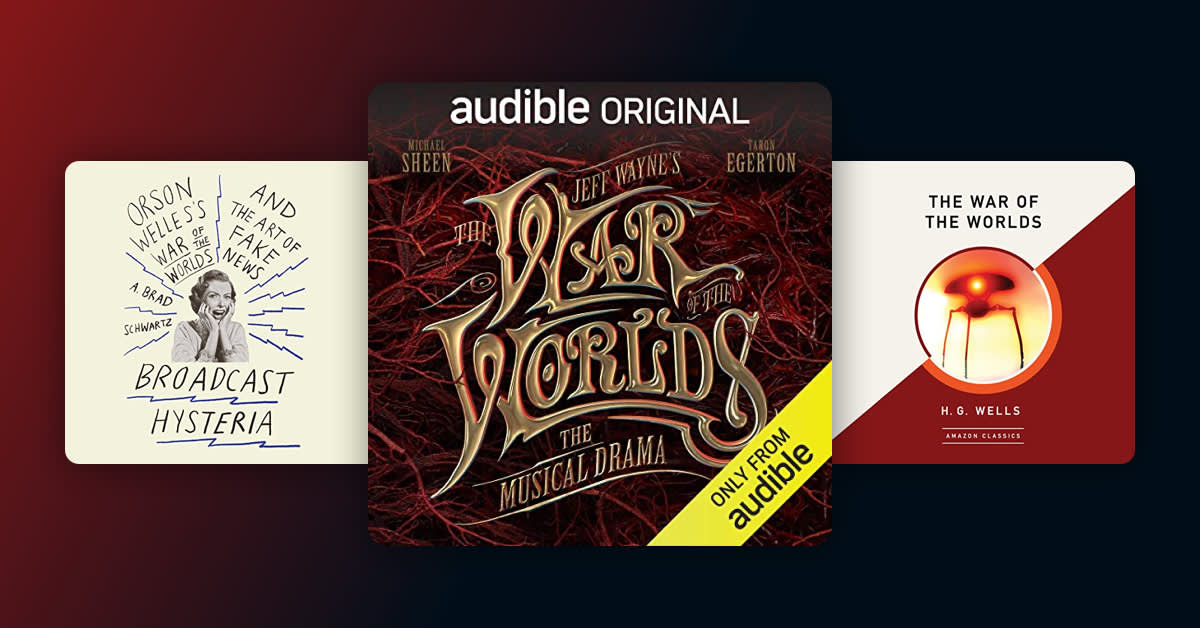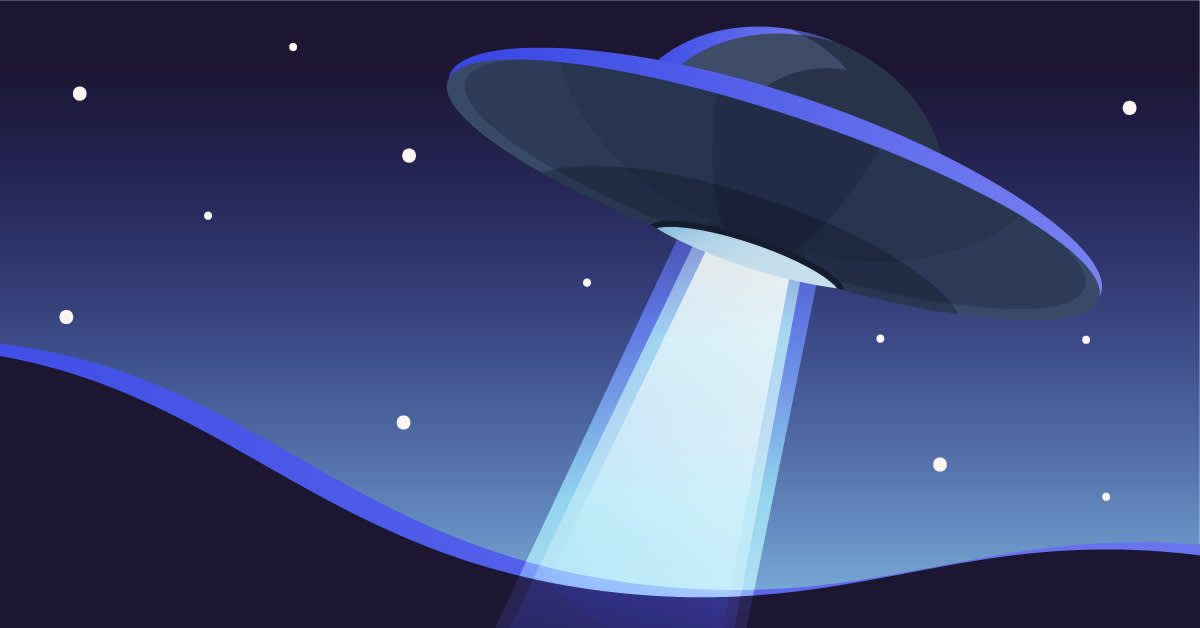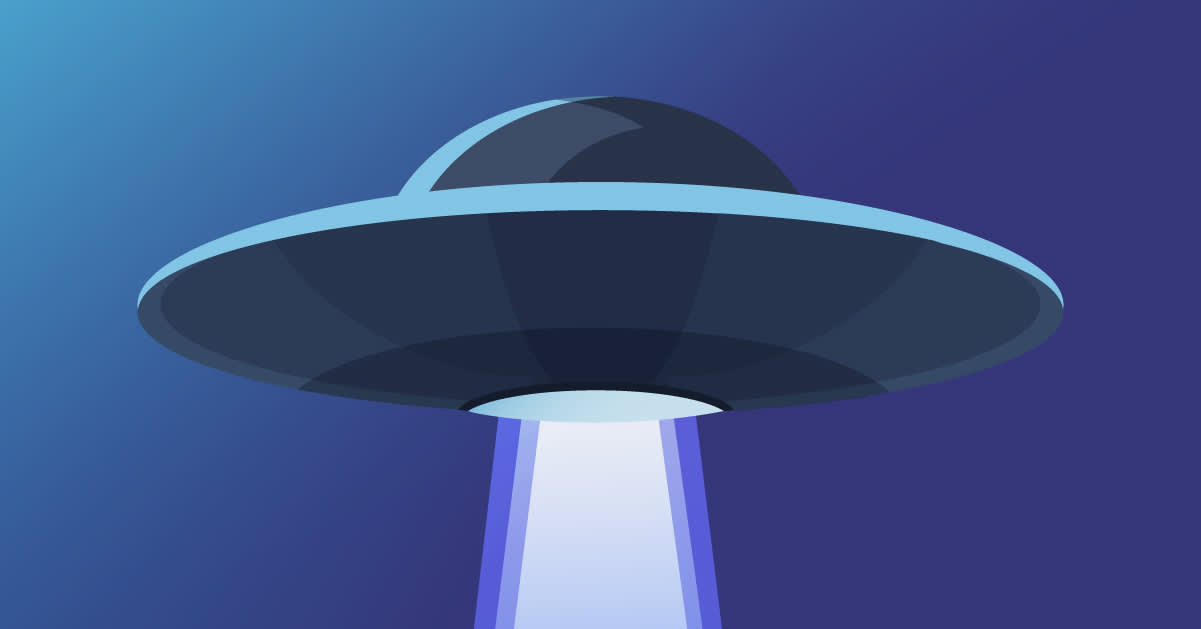On the night before Halloween back in 1938, listeners of CBS radio found themselves hearing what they thought was a live report of an alien invasion of New Jersey. The program described creatures from a spacecraft attacking locals, and the failed efforts of officials and the military to stop them. In reality, the broadcast was an episode of Orson Welles’s radio series The Mercury Theatre on the Air, which had adapted The War of the Worlds by H.G. Wells in the most dramatic fashion imaginable. The story of this radio dramatization and the media’s response to it would make Orson Welles a household name and cement The War of the Worlds—already a successful novel—as a major pillar of science fiction.
H.G. Wells’s The War of the Worlds was first serialized in the UK publication Pearson’s Magazine in 1897. The following year, it was published as a complete volume for the first time, and it has never been out of print in its 125-year history. In the original story, Martians plan and then carry out an invasion of Earth due to a lack of resources on their own planet, in a satirical examination of colonialism (and a reversal of the we imagine more frequently today). The account is presented from the point of view of a man in England who witnesses and flees the Martian attacks. In The War of the Worlds, Wells is widely credited with establishing a number of science fiction themes and tropes—particularly having to do with extraterrestrial encounters. His work was certainly one of the first to utilize such elements, and so, it became not only a sensation amongst readers but also a large influence on other storytellers. The novel inspired numerous adaptations in various media, including two theatrical films, and, of course, Orson Welles’s infamous radio broadcast.
In 1938, just over 40 years after the novel’s original serialization, Orson Welles’s “The War of the Worlds” hit the airwaves on CBS Radio as a Halloween episode of The Mercury Theatre on the Air. The series consisted of live radio drama adaptations of classic literature, performed each week by the Mercury Theatre repertory company. Other episodes of the program included adaptations of such works as The Count of Monte Cristo, Oliver Twist, and Dracula. And while the series boasted excellent quality overall, “The War of the Worlds” was different.
Determined to produce a show that was fresher and more immersive than any previous radio dramas, Orson Welles brought the idea of a simulated news broadcast to producer John Houseman. Eventually, the H.G. Wells novel was chosen as the source material, with writer Howard Koch to adapt. What followed was a scramble to put together a show that no one was sure would be successful—but, ultimately, resulted in the impactful piece of broadcast radio we recognize today.









